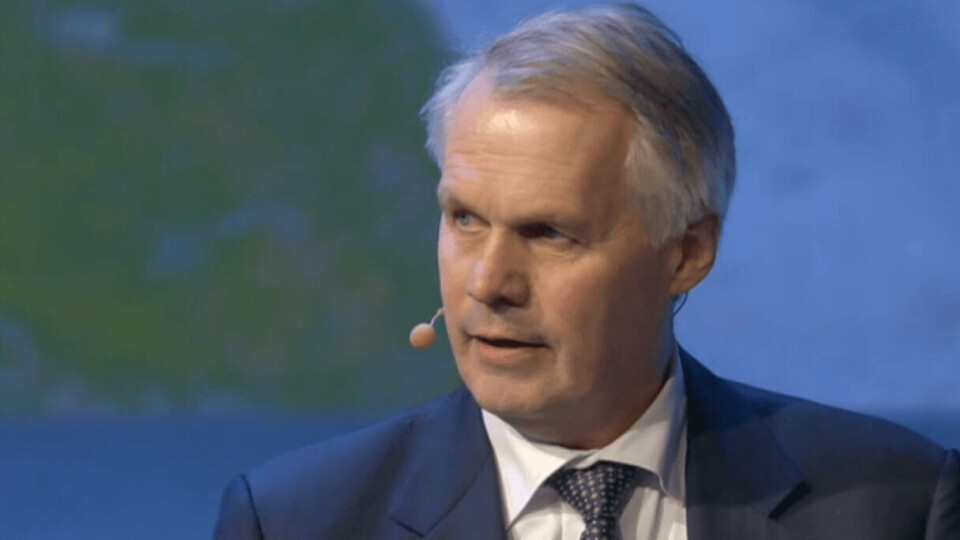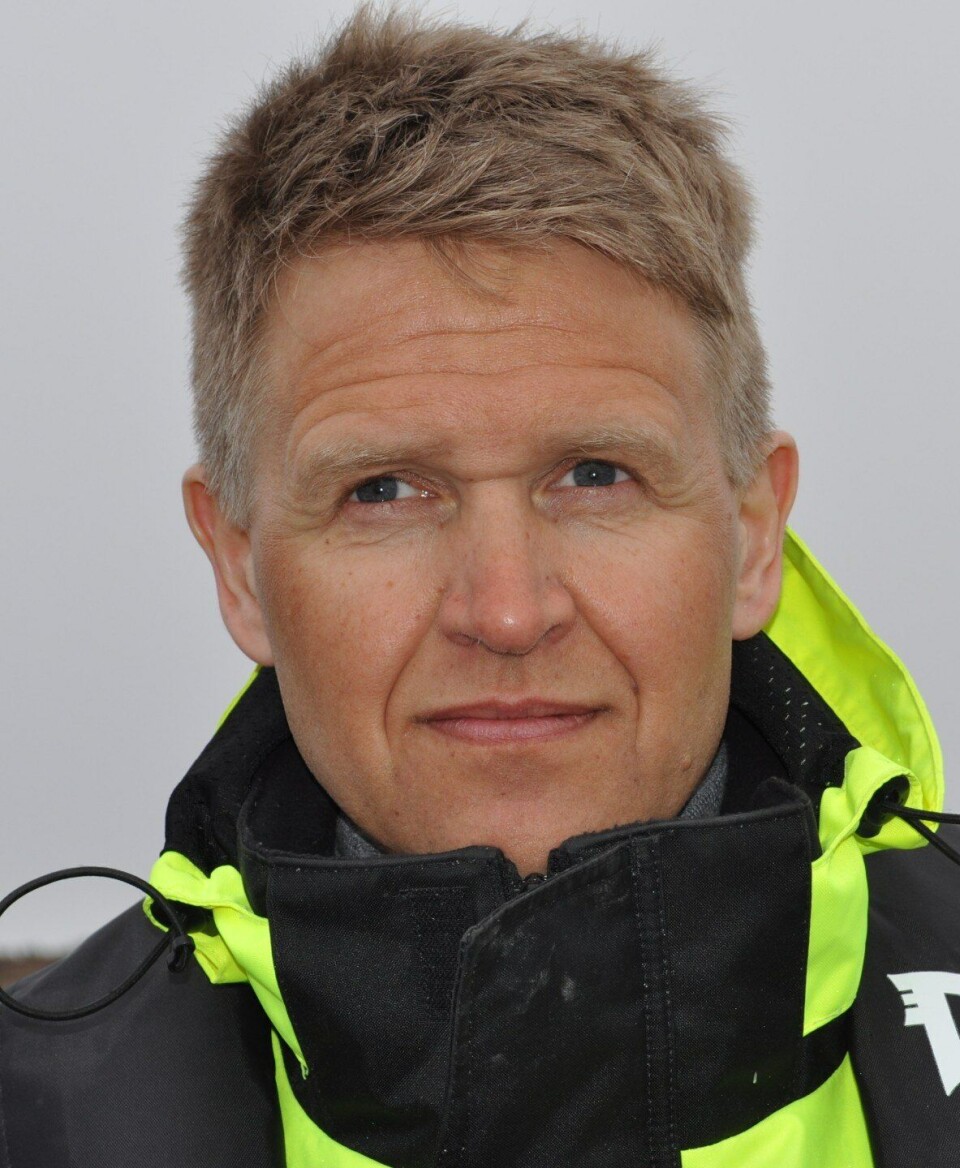
Change at the top of SalMar
Norwegian salmon farmer SalMar, which owns 50% of Scottish Sea Farms, has announced that president and owner Gustav Witzøe will take over as chief executive from today.
The previous chief executive, Olav Andreas Ervik, will become managing director of a new subsidiary, SalMar Ocean AS, and be responsible for the company’s ventures in ocean-based fish farming.
The company said its initiatives in ocean-based fish farming had to date been organised as a business area within SalMar and headed by Witzøe. These activities will now be transferred to a subsidiary which Ervik wanted to lead.
‘Leading position’
“By establishing SalMar Ocean, SalMar makes another move to strengthen its leading position in the development of ocean-based fish farming,” said Witzøe.
The group has recently released a new generation of fish in its pioneering offshore cage Ocean Farm 1. Meanwhile, its subsidiary MariCulture AS is finalising the design phase of a larger and more advanced offshore cage, Smart Fish Farm, which will be placed in the open sea. The farm will have a biomass of more thn 12,000 tonnes and is estimated to cost NOK 1.5 billion (£134 million). Both these businesses now become part of SalMar Ocean AS.
“Our ambition is to lead the development of environmentally sustainable seafood production in exposed ocean areas,” Witzøe said.

Unique opportunities
“We are convinced that ocean-based farming will play an important role in future food production,” said Ervik.
“On the open ocean we have unique opportunities to farm on nature’s premises and with minimal environmental impact. I really look forward to taking this initiative further.”
SalMar said its ocean-based and traditional fish farming operations would continue to co-operate and interact closely to benefit both parts of the business.
Focus on processing
It added that it would continue its focus on processing its own fish.
“Processing generates three to four times as much employment and local value creation as exporting whole salmon,” SalMar said in a press release.
“It also offers the opportunity to refine the residual raw material into valuable products such as animal feed and human health products. Processing near farming sites also significantly reduces the overall emission of greenhouse cases.”
Smolt production
SalMar has previously established one of the world’s largest and most advanced salmon processing plants on Frøya (InnovaMar) and has now started construction of a similar processing plant on Finnsnes in Senja municipality (InnovaNor) in Northern Norway.
“In the years to come, the company will invest large sums in production facilities in several locations along the coast, including significant growth in RAS-based smolt production. In total, SalMar will invest several billion Norwegian kroner in production and industrial facilities in the next few years,” said Witzøe.






















































